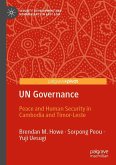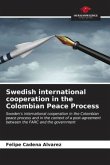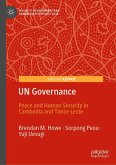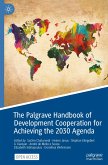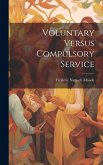This open access book addresses two issues of state-managed international voluntary service (SMIVS)-its contributions and advantages/disadvantages-by the case study of Japan Overseas Cooperation Volunteers (JOCV). Until now, the literature has given little attention to SMIVS and Asian international voluntary service (IVS). Proposing the concept of SMIVS, this is the first book in English to focus on JOCV and IVS managed by the Japanese government.
The book is organized into two parts. In Part I, the authors, including scholars, former volunteers, and practitioners, explore the contributions of JOCV to the development in host communities, personal and professional development of volunteers, and Japanese civil society. In Part II, the authors analyze how JOCV creates advantages such as multilevel support by the Japan International Cooperation Agency (JICA), a Japanese government aid agency, and disadvantages such as the weak expertise of volunteers. The authors' theoretical approaches cover capacity development, social capital, gift theory, and institutional theory, and their methodologies include statistical analysis of survey data, interview-based anthropological interpretation, and single/comparative case study. This combination of multiple approaches and methodologies is a strong feature of the study reported here.
Thanks to state management, as the book demonstrates, JOCV can facilitate mutual benefits between volunteers and host communities, enhancing the human capital of the former and contributing to the socioeconomic development of the latter. It also shows that Japanese volunteers blend into host communities well, respecting and learning their social values and perspectives. This achievement is accomplished to the extent that collaborative and equal interpersonal relationships are nurtured between the volunteers and local people, including counterparts. Thus, this book helps to reduce inequality and stereotypes in IVS, with implications for other state-managed IVS.
The book is organized into two parts. In Part I, the authors, including scholars, former volunteers, and practitioners, explore the contributions of JOCV to the development in host communities, personal and professional development of volunteers, and Japanese civil society. In Part II, the authors analyze how JOCV creates advantages such as multilevel support by the Japan International Cooperation Agency (JICA), a Japanese government aid agency, and disadvantages such as the weak expertise of volunteers. The authors' theoretical approaches cover capacity development, social capital, gift theory, and institutional theory, and their methodologies include statistical analysis of survey data, interview-based anthropological interpretation, and single/comparative case study. This combination of multiple approaches and methodologies is a strong feature of the study reported here.
Thanks to state management, as the book demonstrates, JOCV can facilitate mutual benefits between volunteers and host communities, enhancing the human capital of the former and contributing to the socioeconomic development of the latter. It also shows that Japanese volunteers blend into host communities well, respecting and learning their social values and perspectives. This achievement is accomplished to the extent that collaborative and equal interpersonal relationships are nurtured between the volunteers and local people, including counterparts. Thus, this book helps to reduce inequality and stereotypes in IVS, with implications for other state-managed IVS.


